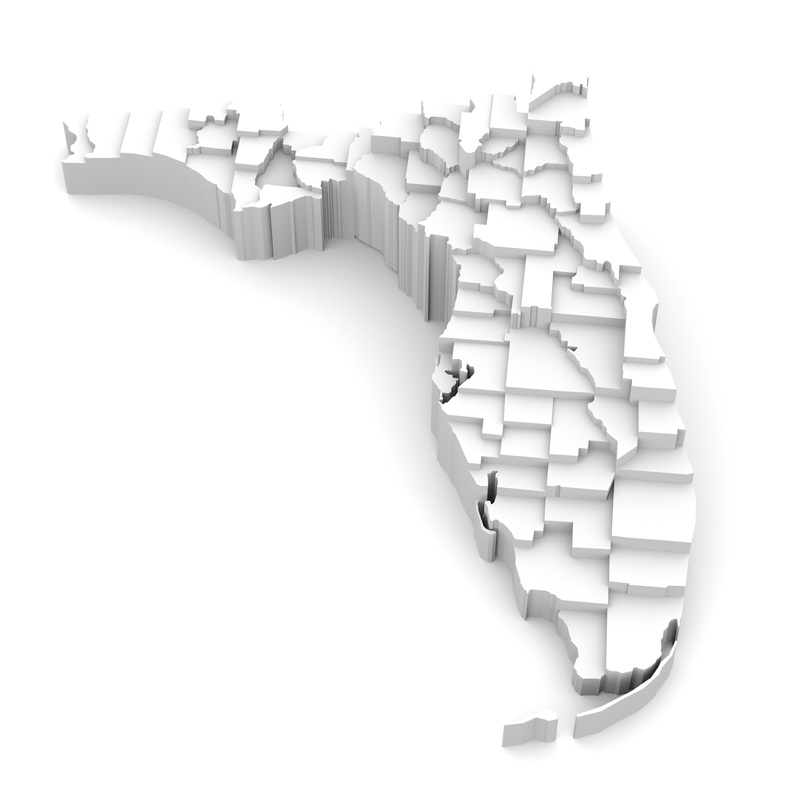 By: Karina Gonzalez
By: Karina Gonzalez
Florida Department of Children and Families (DCF) is vested with authority over substance abuse services and is responsible to approve at least one credentialing entity to develop and administer a voluntary certification program for recovery residences also referred to as sober homes. DCF approved FARR (Florida Association of Recovery Residences) as the provider for the voluntary certification program, and it is the only certifying entity, it is the only game in town for sober homes. The issue at hand now is not whether certification is good or necessary for the sober living industry, rather, the issue is that sober homes have no due process giving them an entry point into the system to challenge DCF or FARR when their certification has been denied, revoked or suspended or some other sanction has been imposed!
While sober home certification is referred to as “voluntary” there is absolutely nothing voluntary about it. A sober home will not be able to keep its business running without FARR certification. This is because substance abuse providers cannot refer any of their clients to a sober home that is not FARR certified and cannot accept a referral from an uncertified sober home. This prohibition on referrals to and from non-FARR certified sober homes also makes it a first-degree misdemeanor for anyone who violates the prohibition. In addition, there is an administrative fine of $1000 per occurrence in the law should anyone violate the referral prohibition. Continue reading



 By:
By: 
 State licensed addiction treatment facilities with licenses that include community housing are confused about whether they have to also be certified by the
State licensed addiction treatment facilities with licenses that include community housing are confused about whether they have to also be certified by the  By:
By:  By:
By: 

 By:
By: 